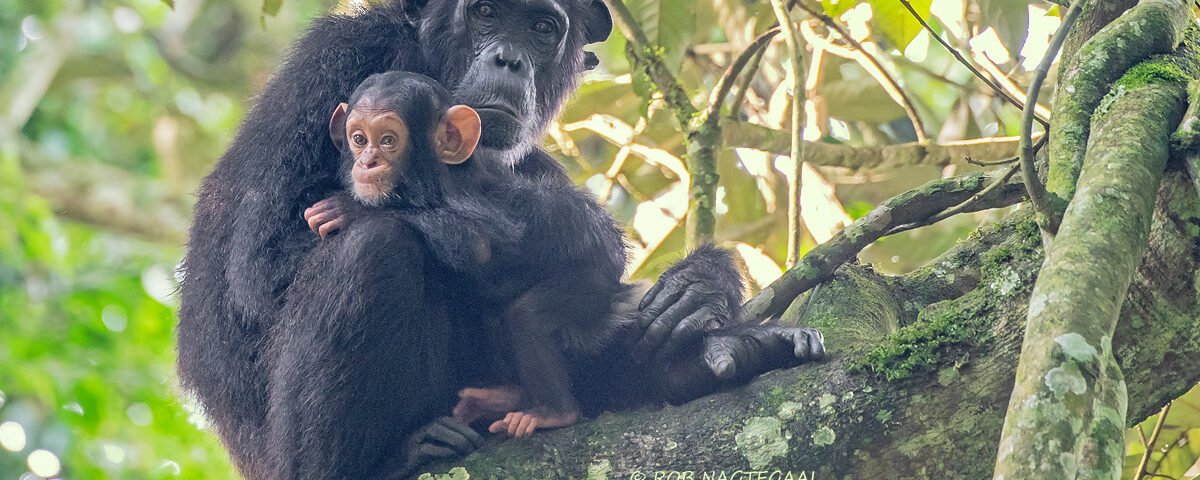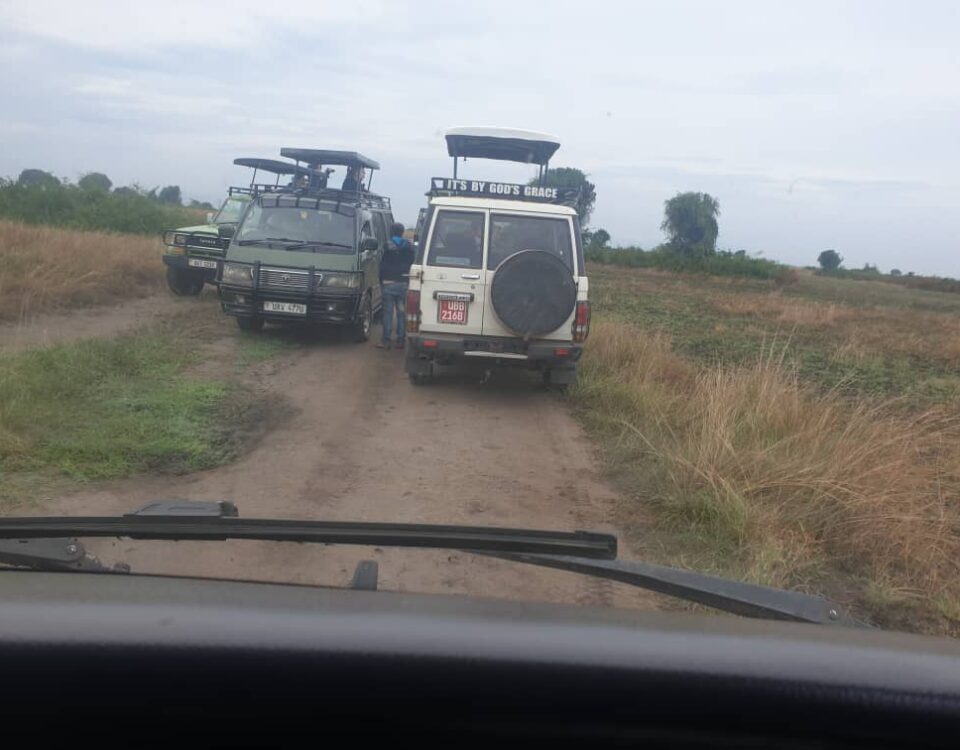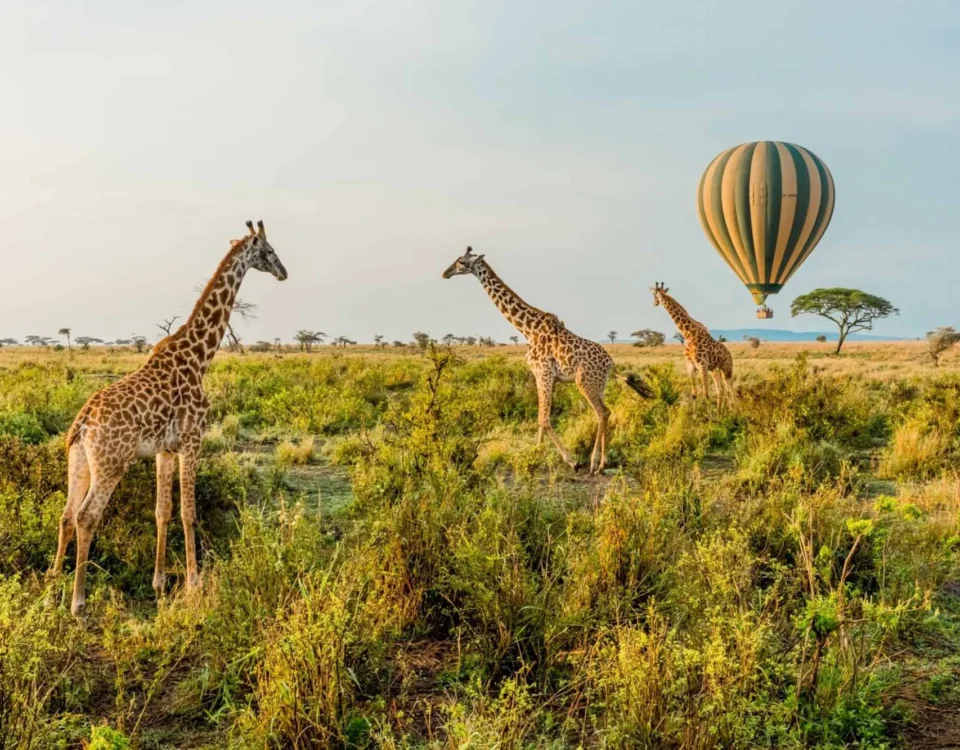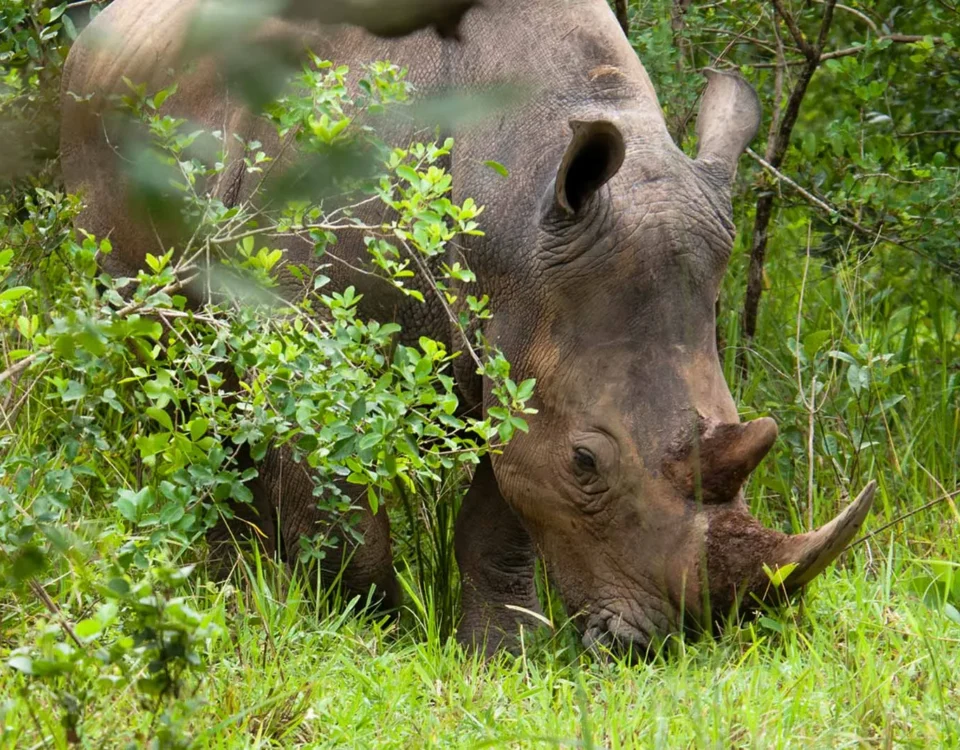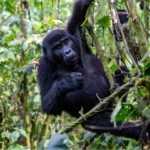
Essentials for Gorilla Trekking in Uganda and Rwanda
May 8, 2025
Long Uganda Birding Safaris: Exploring Uganda’s Avian Treasures with Samz Tours Uganda
May 16, 2025Are Chimpanzees Endangered: Why Are Chimpanzees Dangerous?
Chimpanzees, humanity’s closest living relatives, are fascinating creatures with intelligent behaviors, complex social structures, and remarkable adaptability. However, despite their familiarity, these primates remain misunderstood by many. Are chimpanzees endangered: why are chimpanzees dangerous? This question often arises among adventurers and wildlife enthusiasts planning a chimpanzee tracking safari in East Africa. Through the expert lens of Samz Tours Uganda, this article explores both the endangered status of chimpanzees and the factors that make them potentially dangerous in the wild.
Introduction: Understanding the Wild Nature of Chimpanzees on Safari
Chimpanzees are primarily found in the dense forests of central and western Africa, with significant populations in Uganda—especially within Kibale National Park—making the country a leading destination for chimpanzee tracking safaris. In addition to their ecological value, these primates serve as a captivating highlight on broader Uganda safaris, which can also include gorilla trekking, wildlife safaris, and visits to iconic attractions like Murchison Falls. As we examine why chimpanzees are endangered and what makes them dangerous, we also explore how to enjoy these magnificent animals safely and responsibly through tours organized by Samz Tours Uganda.
Each section in this guide is tailored to answer your questions about the complex relationship between humans and chimpanzees, while also showcasing how chimpanzee tracking can be part of a life-changing Uganda safari or Rwanda tour. The phrase Are chimpanzees endangered: why are chimpanzees dangerous? appears throughout this article as a guiding theme, providing clarity for travelers and conservationists alike.
The Endangered Status of Chimpanzees: A Conservation Crisis
Why Are Chimpanzees Endangered?
Are chimpanzees endangered: why are chimpanzees dangerous? The short answer to the first part of this question is yes—chimpanzees are officially listed as endangered by the International Union for Conservation of Nature (IUCN). The global population of chimpanzees has drastically declined due to a combination of habitat loss, illegal wildlife trade, poaching, and disease. Forests across Africa are being cleared for agriculture, mining, and urban expansion, leaving chimpanzees with shrinking territories and limited food resources.
Chimpanzees are also hunted for bushmeat in several parts of Africa, and infants are sometimes captured for the illegal pet trade—leading to the killing of entire families. Diseases such as Ebola and respiratory infections further threaten their survival, especially when transmitted from humans during poorly regulated tourism.
In Uganda, however, conservation efforts spearheaded by the Uganda Wildlife Authority (UWA), in partnership with responsible tour operators like Samz Tours Uganda, are helping protect chimpanzee populations in areas like Kibale Forest National Park, Budongo Forest, and Kyambura Gorge. By promoting ethical chimpanzee tracking practices and educating tourists, Samz Tours Uganda plays a crucial role in turning the tide on chimpanzee endangerment while offering authentic and immersive Uganda safari experiences.
Safaris that incorporate chimpanzee tracking not only bring tourists closer to these endangered primates but also raise awareness and funding for their conservation. Including this experience as part of your Uganda Gorilla Trekking or Murchison Falls Safari can be both impactful and unforgettable.
Understanding Chimpanzee Behavior: Why Can Chimpanzees Be Dangerous?
The Reality of Wild Primate Encounters
Are chimpanzees endangered: why are chimpanzees dangerous? While chimpanzees are intelligent, playful, and social, they are still wild animals with unpredictable behaviors. In the wild, chimpanzees can display aggression, especially when threatened or provoked. They are known to engage in violent territorial battles and may use tools or physical strength to assert dominance within their social hierarchies.
Chimpanzees have remarkable muscular strength—up to five times stronger than an average human—and powerful jaws capable of inflicting serious injury. Although they generally avoid human contact in the wild, habituated groups (those used to human presence) may approach if they feel curious or cornered, which can create a potentially dangerous situation if guidelines are not followed.
Tourists often wonder about the risks during chimpanzee tracking. However, safety is ensured through expert guidance by trained rangers and eco-guides provided by Samz Tours Uganda. Before every tracking excursion, visitors receive detailed briefings on maintaining safe distances, avoiding eye contact, not mimicking vocalizations, and respecting the chimpanzees’ space.
By adhering to these ethical wildlife viewing protocols, travelers can safely enjoy chimpanzee tracking while supporting conservation. Understanding the balance between admiration and caution is key to enjoying an educational and safe Uganda safari that may also feature Gorilla Trekking Rwanda, wildlife safaris, and cultural excursions.
Adding Gorilla Trekking to Your Safari: A Perfect Wildlife Pairing
Uganda Gorilla Trekking and Chimpanzee Tracking Combined
For those curious about are chimpanzees endangered: why are chimpanzees dangerous?, the adventure doesn’t end with chimpanzees alone. Uganda is one of the few places in the world where visitors can experience both chimpanzee tracking and gorilla trekking on the same trip. These two iconic primate encounters offer insight into the diversity and intelligence of great apes, and together, they form the cornerstone of an immersive Uganda safari.
Uganda Gorilla Trekking typically takes place in Bwindi Impenetrable National Park or Mgahinga Gorilla National Park, where small groups hike into misty mountains to observe endangered mountain gorillas in their natural environment. These gorillas are more docile than chimpanzees and live in tight-knit family units. Guided by rangers and trackers from Samz Tours Uganda, travelers witness the calm strength and profound gentleness of these giants.
Combining gorilla trekking with chimpanzee tracking allows travelers to understand the nuanced behaviors, social structures, and conservation challenges of two of our closest relatives. In addition, a custom safari may include visits to Queen Elizabeth National Park for a big game wildlife safari, or a stop at Murchison Falls to witness the Nile River’s powerful plunge.
Planning with Samz Tours Uganda ensures a seamless itinerary where travelers can experience Uganda Gorilla Trekking, chimpanzee tracking, and even Gorilla Trekking Rwanda as part of a cross-border Rwanda tour.
Cultural Encounters: Enhancing Your Safari Beyond Wildlife
Meeting the Communities That Coexist with Primates
The question are chimpanzees endangered: why are chimpanzees dangerous? isn’t complete without considering the human communities that live near primate habitats. In Uganda and Rwanda, local cultures play a vital role in conservation and tourism. Tourists on safari with Samz Tours Uganda are encouraged to engage in cultural experiences that not only enrich their journey but also support local livelihoods.
Visitors to Bwindi and Kibale can explore the traditions of the Batwa people—indigenous forest dwellers who once lived in harmony with gorillas and chimpanzees. Storytelling, dance performances, and guided walks offer glimpses into their unique way of life. In Rwanda, the Iby’Iwacu Cultural Village near Volcanoes National Park provides similar opportunities to interact with local communities and learn about conservation-friendly practices.
By integrating cultural visits into your itinerary, you gain a deeper appreciation of the interconnectedness between people and wildlife. These experiences are often included in broader packages that feature chimpanzee tracking, Gorilla Trekking Rwanda, Uganda safaris, and Murchison Falls Safaris.
Samz Tours Uganda ensures that these interactions are respectful, meaningful, and beneficial for all involved—emphasizing the vital role of community engagement in preserving Africa’s endangered primates.
Planning Your Safari Responsibly with Samz Tours Uganda
Supporting Conservation Through Ethical Travel
The key to understanding are chimpanzees endangered: why are chimpanzees dangerous? lies in responsible tourism. Every trek, visit, or cultural exchange should be conducted with the goal of preserving wildlife and empowering local communities. By booking your trip with Samz Tours Uganda, you’re not just signing up for a thrilling adventure—you’re contributing directly to conservation initiatives and sustainable development.
Tours offered by Samz Tours Uganda are carefully curated to include eco-lodges, trained local guides, and support for national park authorities. Whether you’re booking a chimpanzee tracking excursion in Kibale, a Gorilla Trekking Rwanda experience, or a full circuit Uganda safari, each itinerary reflects a commitment to responsible and enriching travel.
With expert logistics, clear communication, and a passion for wildlife, Samz Tours Uganda stands as a reliable partner in your quest to explore Africa’s greatest primates—safely and sustainably.
Conclusion: Embrace the Wild, Respect the Risk, Protect the Future
The journey through Africa’s forests offers both wonder and responsibility. Are chimpanzees endangered: why are chimpanzees dangerous? This question invites deeper reflection on the delicate balance between tourism, conservation, and respect for the wild. Chimpanzees are indeed endangered, and while they can be dangerous when misunderstood, they are also vital ambassadors for our planet’s natural heritage.
Through ethical tourism, guided by leaders like Samz Tours Uganda, travelers can witness the beauty of chimpanzees and gorillas while contributing to their survival. From Murchison Falls Safaris to Uganda Gorilla Trekking and chimpanzee tracking, your East African adventure can be both exciting and impactful.
Join Samz Tours Uganda in crafting a journey where education, exploration, and conservation go hand in hand—ensuring that future generations will also ask, and answer, the question: Are chimpanzees endangered: why are chimpanzees dangerous?

